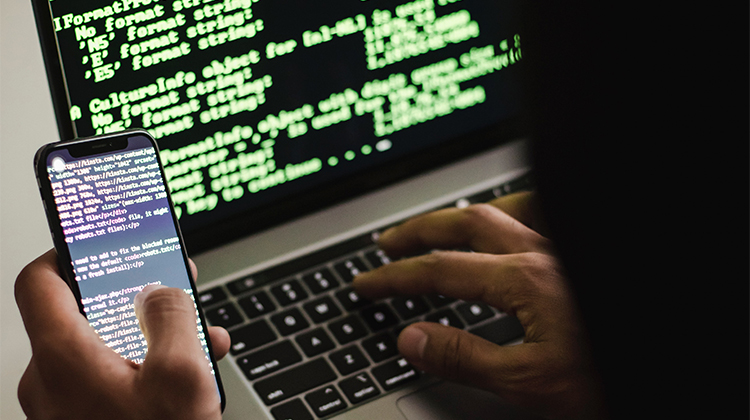From Pen Licence to Cyber Security Licence

We used to get a pen licence in primary school for showing proficiency in our writing, times have changed though and the new essential skill is being smart and security conscious online.
Researchers from Edith Cowan University (ECU) and the Security Research Institute (SRI) are developing a digital cyber security licence for Australian students and teachers. There will be stages to the license, each student levels up based on their evidence of achievement according to set criteria.
“This licence would be like a swimming certificate,” ECU’s School of Education Associate Professor Nicola Johnson said.
“The proposed digital cyber security licence for school students would help kids be their own first line of defence against cybercrime and comprise appropriate stages for primary school aged children continuing into secondary school.”
The research - which is partly funded by the Cyber Security Cooperative Research Centre - shows licences are a major step towards improving cyber education in schools, boosting the future digital workforce and protecting Aussie kids online.
“It’s vital that children learn about the risks and benefits of being cyber aware from a young age,” said Rachael Falk, CEO of the Cyber Security Cooperative Research Centre (CSCRC).
“We live in a world where smartphones, iPads and computers are part of young people’s lives more than ever before. A program like this is a positive way to ensure they’re prepared and educated about cyber safety."
“Teachers and schools would also be able to obtain a digital cyber security licence, to help implement cyber secure and cyber hygienic best practices from a basic to an advanced stage,” Associate Professor Johnson said.
“The concept is like the Slip Slop Slap campaign, but in this case about the danger of being online rather than in the sun.
“We can get it right for WA students, teachers, and schools to better prepare and equip society to reduce cyber-crime and increase resilience to illicit cyber behaviours.
“Just like ocean swimming safety, we must teach our children about the lurking sharks. Teaching our young primary students the basics of cyber hygiene and cyber awareness is crucial.”
Western Australian educators currently spend around six hours teaching English in pre-primary to year six.
"When it comes to technology education, that drops significantly from pre-primary to year 8 to just two hours per week."
Associate Professor Johnson also said everyone should use password managers, multifactor authentication and update their devices regularly.
“It’s not just about learning and teaching, it’s also about having a national conversation about behavioural change to help address the high level of risk that individuals face online every day. Schools are the perfect place to start that conversation to protect our most vulnerable.
“Teachers need professional learning to develop their knowledge and cyber hygiene practices so they can confidently teach relevant aspects of cyber security as they go about their everyday teaching.”
There is an undoubted economic need to build a skilled cyber workforce, however as Associate Professor Johnson explains Australia does not have the required resources in schools
“The shorter-term threat of cyberattacks grows exponentially upon us and whilst cyber security is being addressed at the national level, for instance via the recent appointment of Australia’s first Cabinet Minister for Cyber Security and an Expert Advisory Board, it is still in its infancy within school settings,” Associate Professor Johnson said.
“We will consult with school principals across WA to identify the professional learning needs of their staff so we can best support teachers. Coupled with the implementation of the digital cyber security licence, and the public awareness campaign, we are excited about the potential impact we will have within communities throughout the state.”